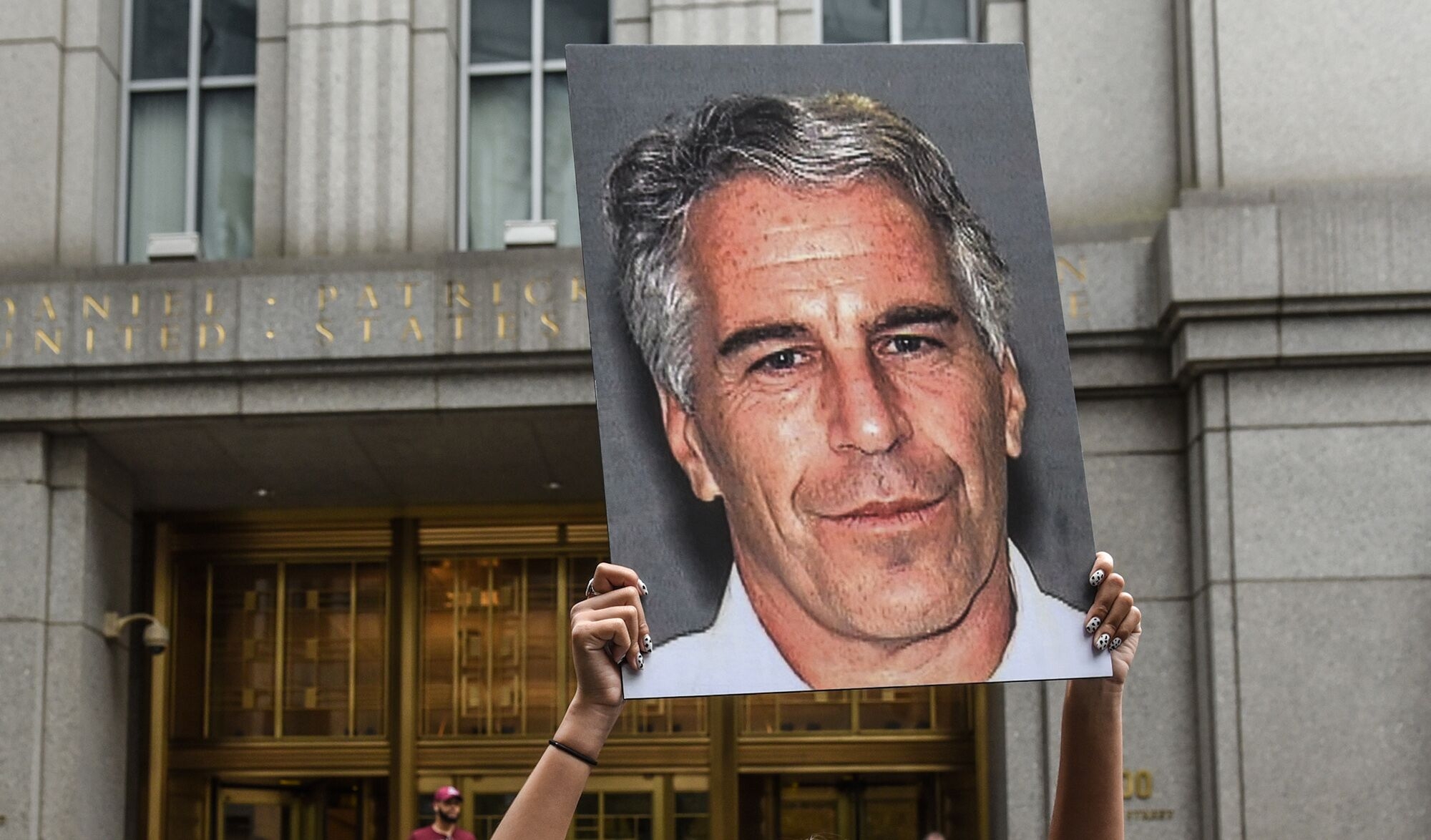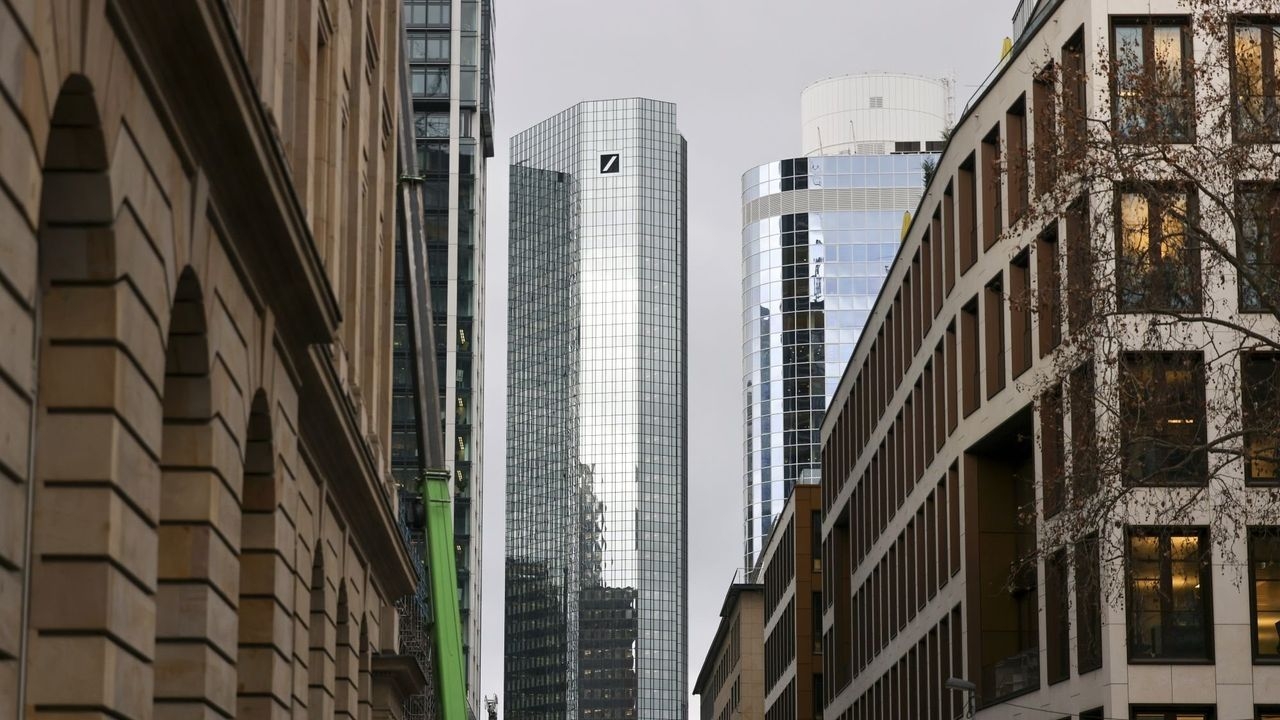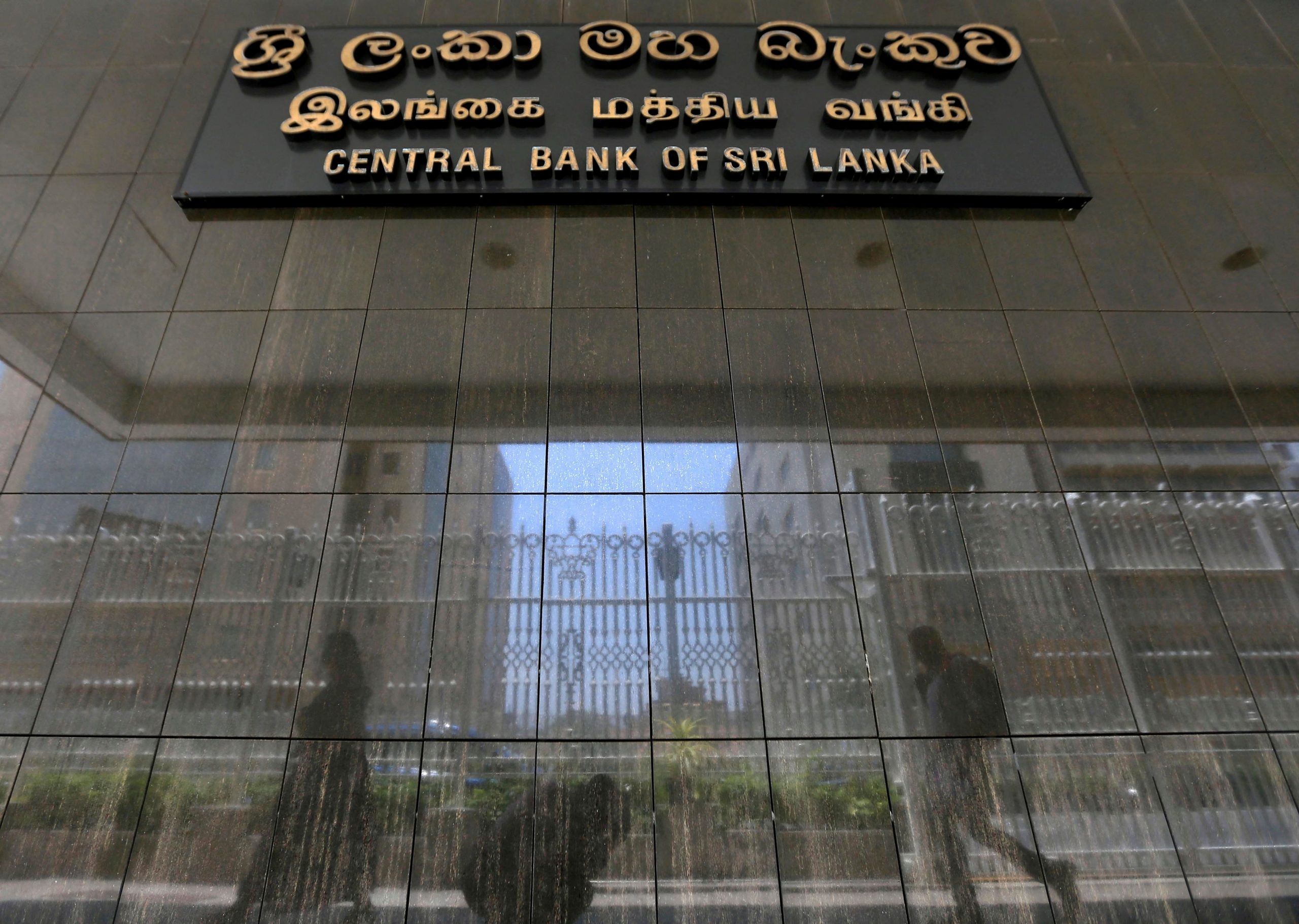In a landmark settlement, Deutsche Bank has agreed to pay $75 million to resolve a lawsuit that accused the German lender of disregarding signs of sex trafficking by the late financier, Jeffrey Epstein. Lawyers representing women who claim to have been abused by Epstein hailed the settlement as a crucial victory in their fight for justice.
The lawsuit, brought forward by a woman identified only as Jane Doe, was filed in federal district court in New York. Jane Doe sought class-action status, aiming to represent other victims of Epstein’s heinous crimes. The legal action alleged that Deutsche Bank knowingly profited from Epstein’s sex trafficking activities and prioritized financial gains over adhering to the law, allowing them to amass millions of dollars from their association with the notorious businessman.
Edwards Pottinger, one of the law firms representing victims in the case, together with the Boies Schiller Flexner law firm, issued a joint statement expressing their satisfaction with the outcome. They emphasized that the settlement represents the culmination of an extensive investigation spanning more than a decade, aimed at holding Epstein’s financial partners accountable for their complicity in facilitating his trafficking organization.
The settlement with Deutsche Bank is believed to be the largest of its kind involving a bank in the history of the United States, according to the lawyers. It signifies a significant turning point in the ongoing effort to address the involvement of financial institutions in facilitating criminal activities and the exploitation of vulnerable individuals.

Deutsche Bank has chosen not to comment specifically on the settlement but referred to a statement released in 2020. Frank Hartmann, the German lender’s global head of media relations, acknowledged the bank’s error in accepting Epstein as a client. He highlighted the significant investments Deutsche Bank has made, amounting to over 4 billion euros ($4.3 billion), to strengthen controls, processes, and training while expanding its team dedicated to combating financial crime.
Prior to the settlement, Deutsche Bank, along with JPMorgan Chase, had vehemently contested the allegations linking them to Epstein’s illicit activities. Epstein, who faced criminal charges, tragically took his own life while in prison, leaving numerous unanswered questions surrounding his extensive network of enablers and collaborators.
Deutsche Bank acknowledged last year that it provided “routine banking services” to Epstein from 2013 to 2018. The bank, however, asserted that the lawsuit failed to sufficiently demonstrate that it was complicit in Epstein’s criminal sex trafficking ring. While the settlement brings an end to this particular legal battle, it serves as a powerful reminder that financial institutions must be vigilant in their due diligence and play an active role in preventing and detecting criminal activities.
The resolution of this case against Deutsche Bank underscores the growing pressure on banks and financial institutions to be proactive in identifying and addressing potential illicit activities within their client portfolios. As the fight against sex trafficking and other forms of exploitation gains momentum, the financial industry finds itself under increased scrutiny, with a growing emphasis on accountability and the ethical responsibilities of these institutions.
The impact of this settlement extends far beyond its monetary value. It represents a significant stride towards holding financial institutions accountable for their actions and serves as a stern warning to others in the industry that turning a blind eye to illicit activities will not go unchallenged. As the victims of Epstein’s sex trafficking ring continue to seek justice, this settlement stands as a testament to their resilience and determination to expose the full extent of the criminal network that enabled their suffering.
©traders-news.online










